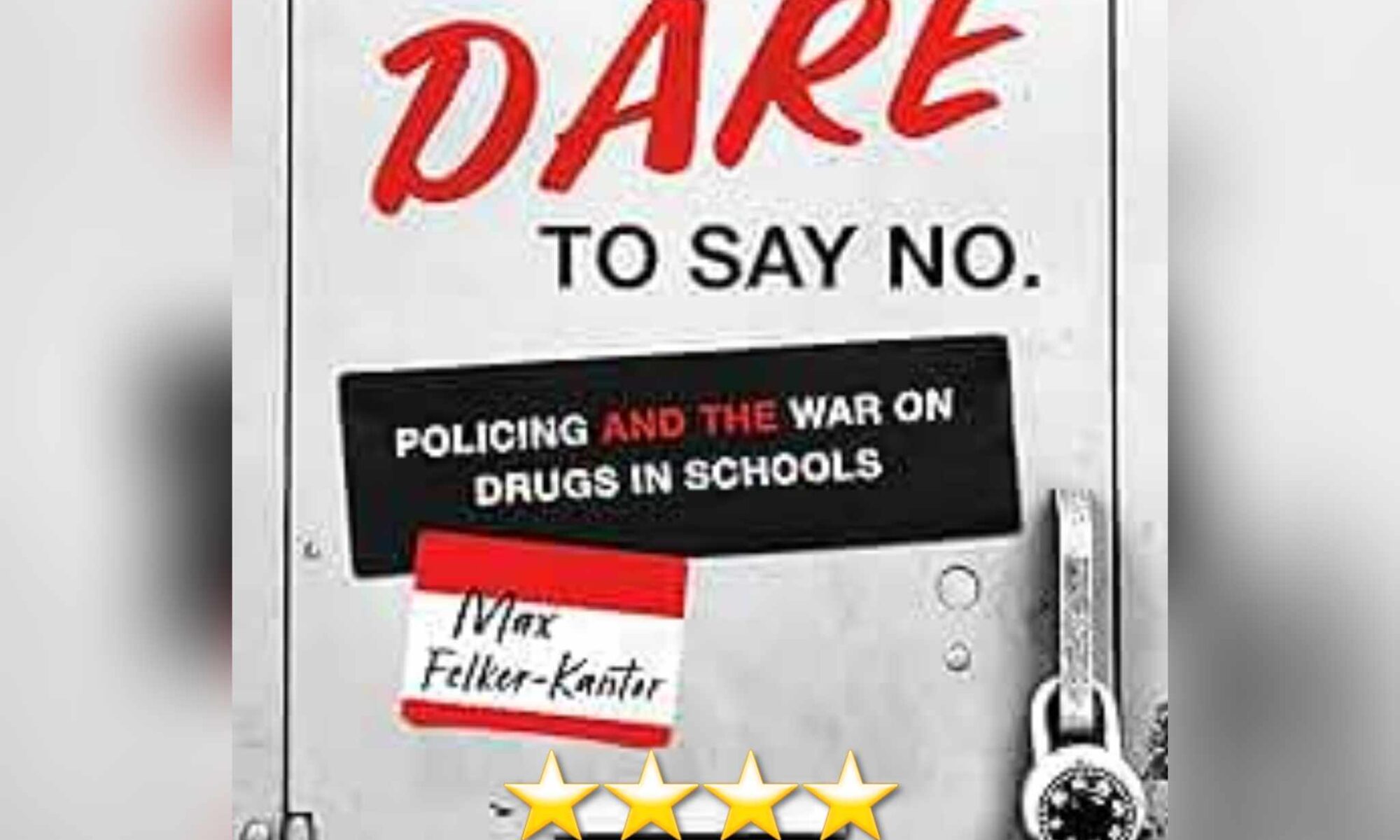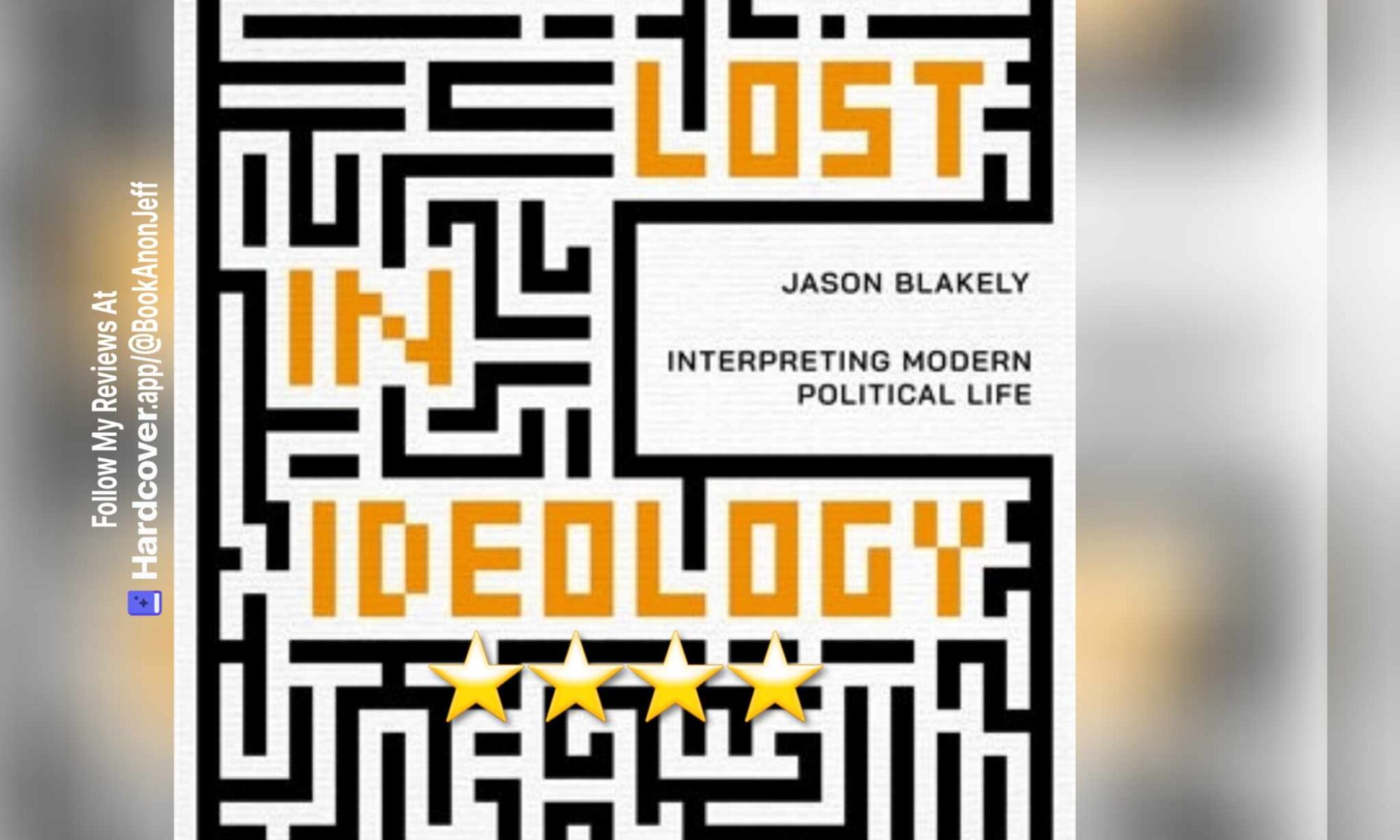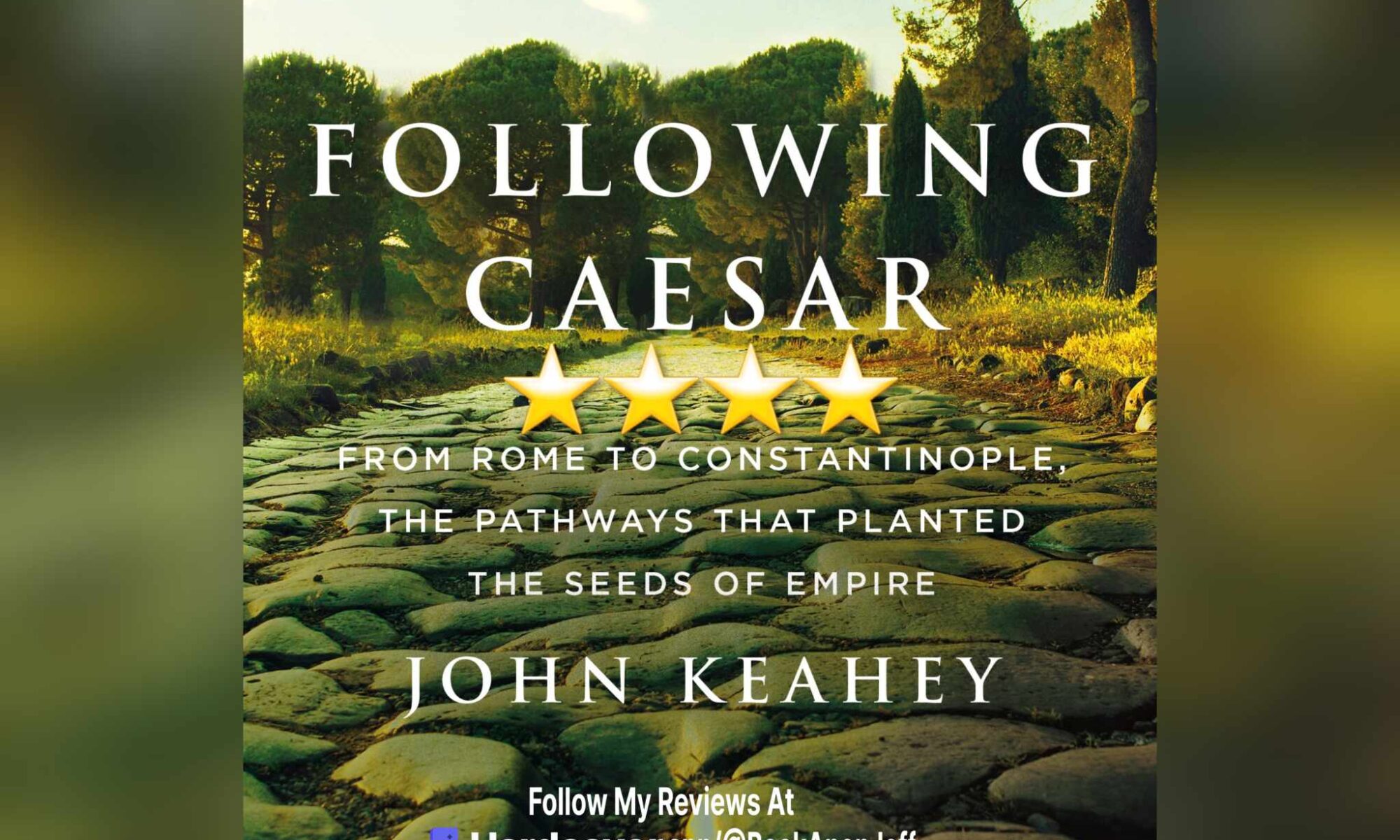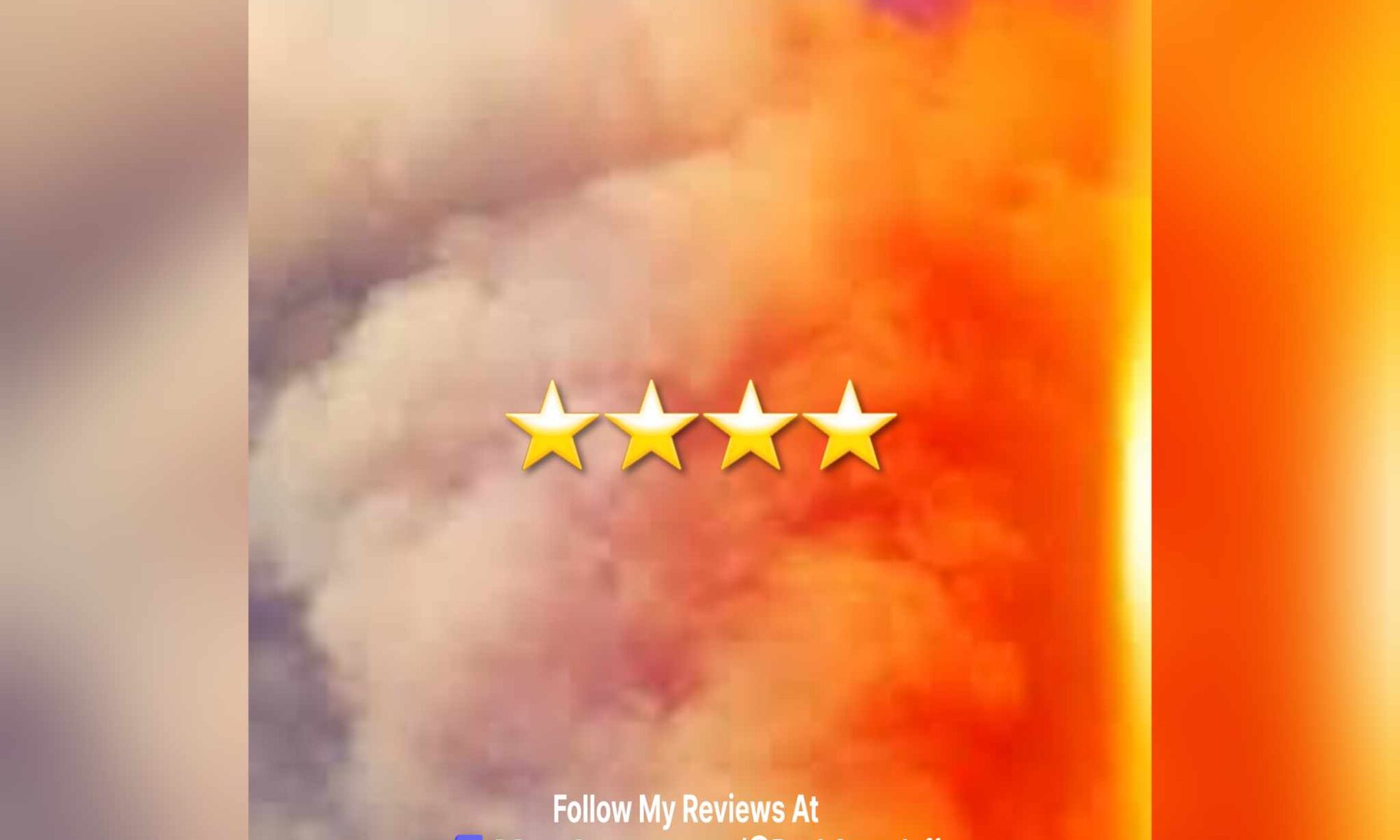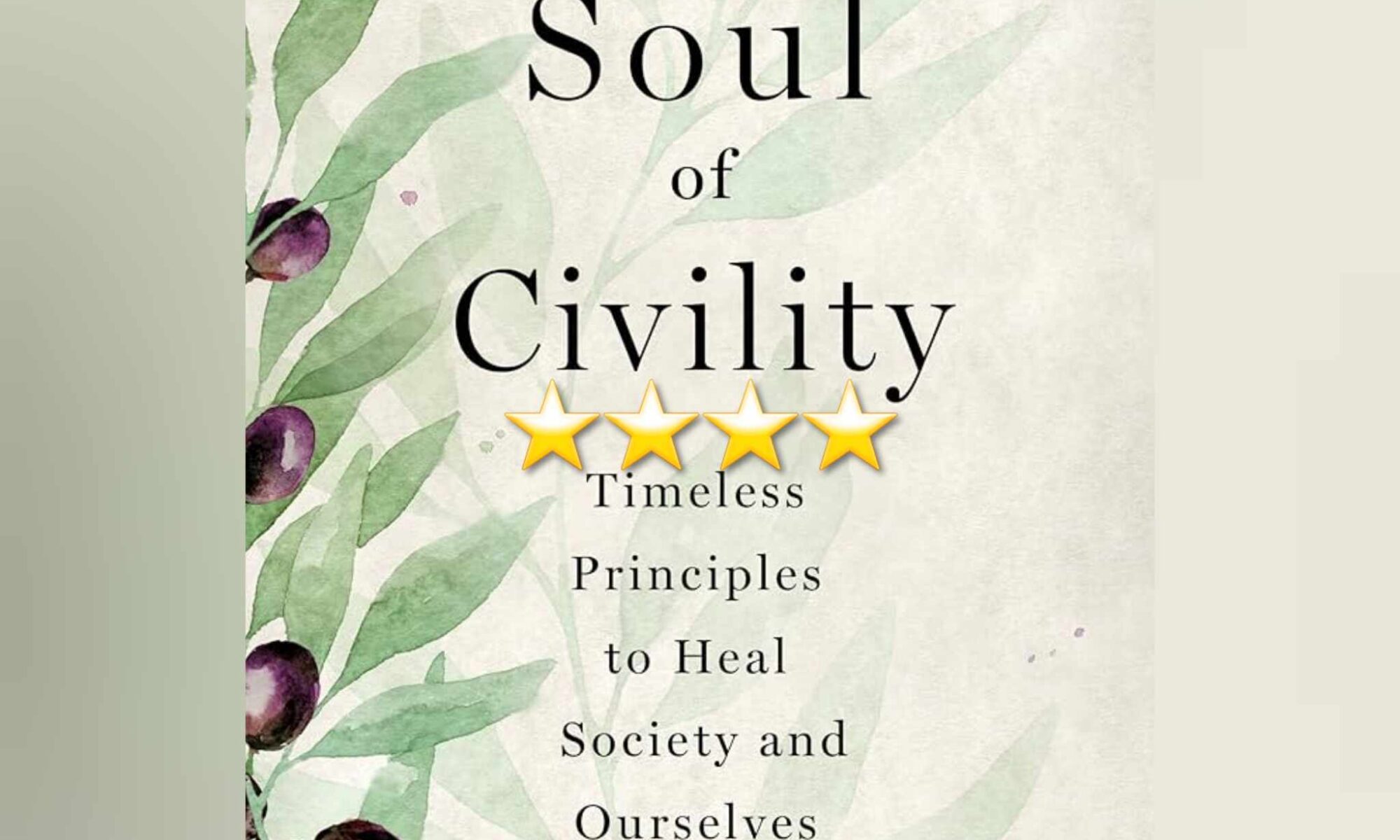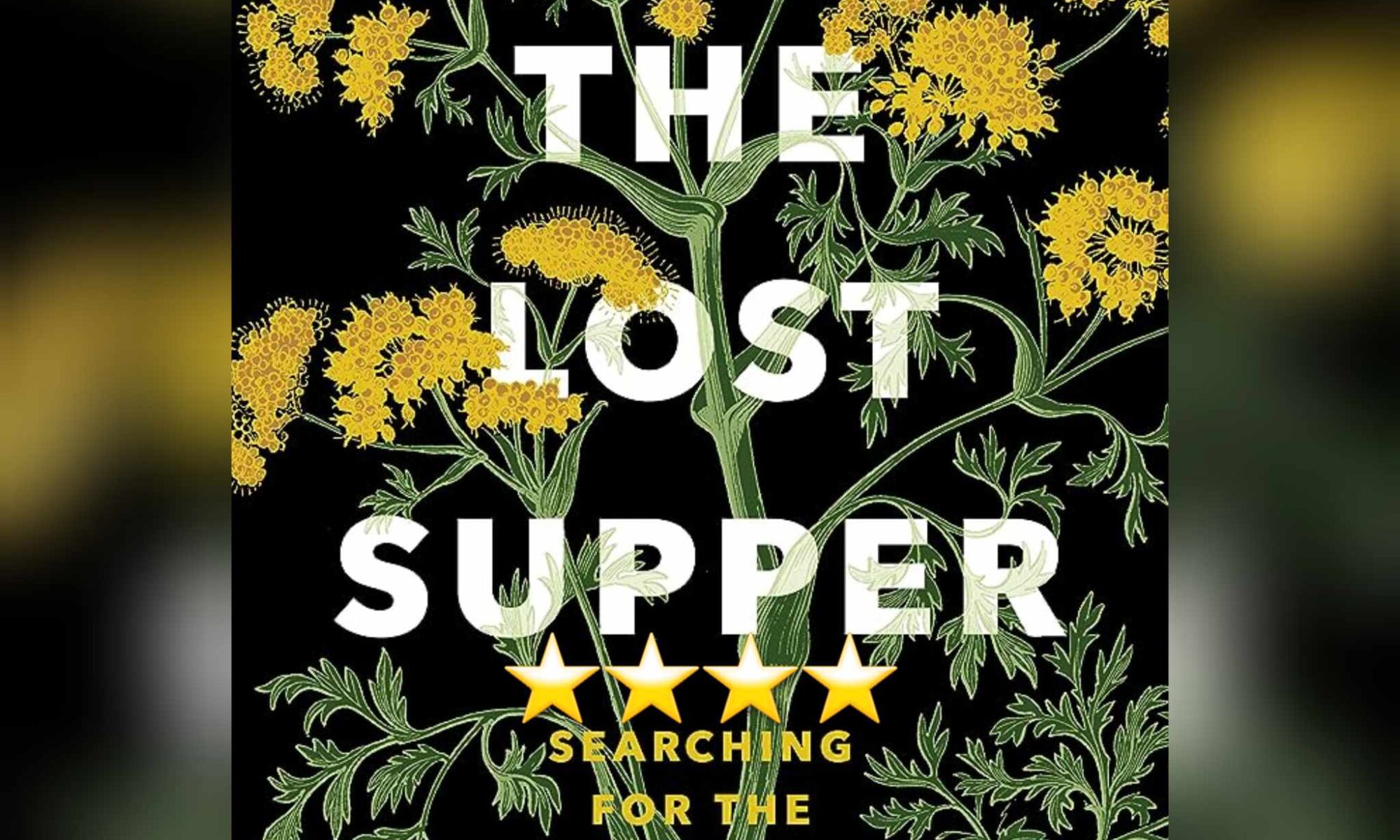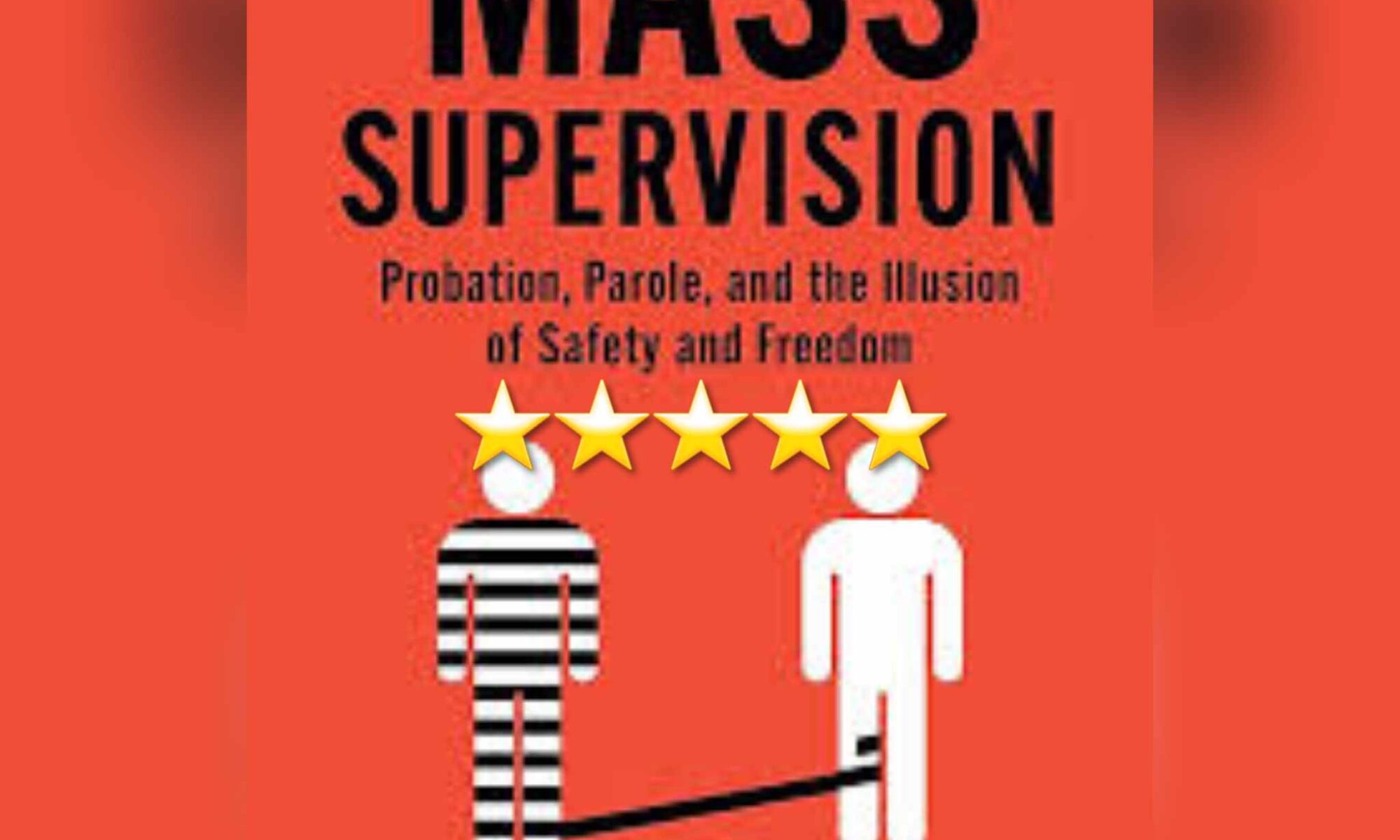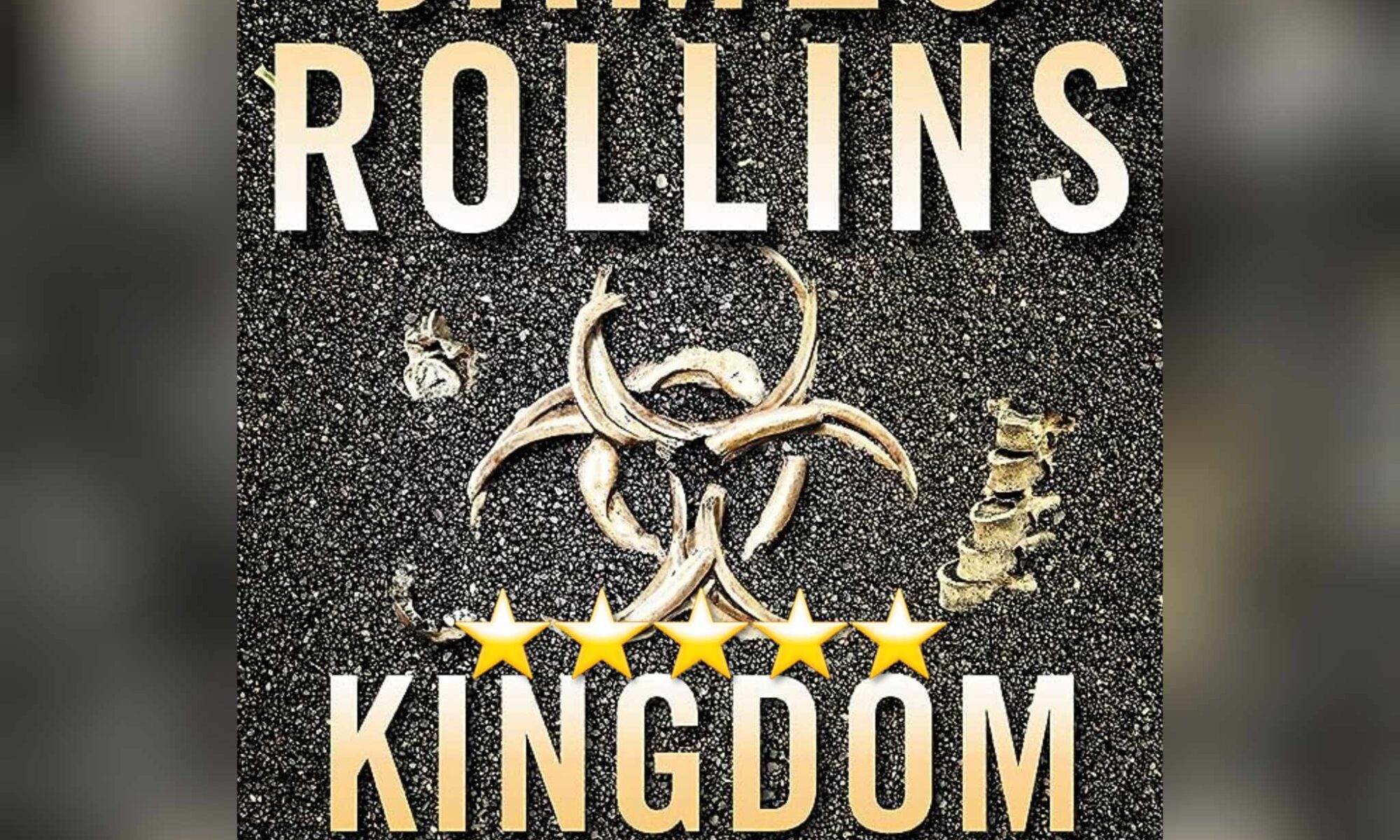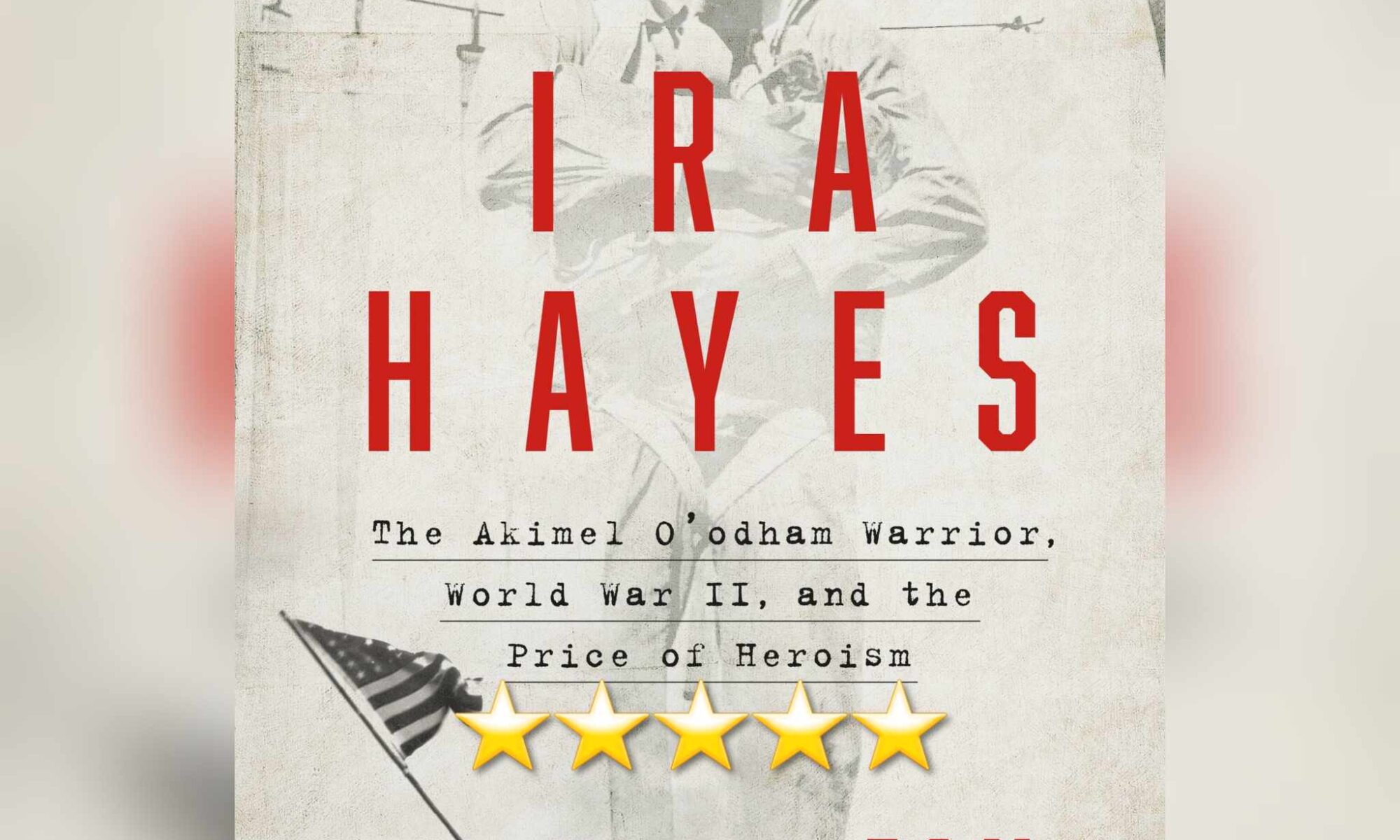Well Documented History of DARE Marred By Undocumented Editorial Commentary. Coming in at over 30% documentation, this is one of the more well-documented books I’ve come across in my ARC reading over the years. However, the weakness here is that while Felker-Kantor cites nearly every word he says about the DARE program and those involved with it, he then proceeds to make quite a bit of left leaning social commentary that he then fails to document *at all*.
Which is sad, because this is a program that I too grew up in – the first uniformed cop whose name I remember is Deputy John Morgan of the Bartow County (Ga) Sheriff’s Office, the DARE officer for much of the Bartow County School System (if not the *entire* school system, at first) in the early and mid 90s. Deputy Morgan became a local legend there in Cartersville and Bartow County, to the tune that he could well have challenged either his then boss or his newer boss when he retired a few years ago for the top job – all because of his work with the DARE program. I even actively went to church with the second Deputy to begin teaching DARE in the BCSS – Deputy Richey Harrell, who was very active with the youth of Atco Baptist Church when his own kids were small and who served on the Deacon Board of the church with my dad.
But despite knowing Richey in particular so well – though as his sons were closer in age to my brothers, they knew him and his family even better than I myself did – as an adult to say my views on policing have changed would be an understatement. Which is where I approached this book from – having been a former DARE student who now sees just how problematic the entire program was, from top to bottom, and indeed who even concurs with Felker-Kantor on just how problematic the program’s insistence on using active duty police officers as front line teachers really is.
Not to mention agreeing with him on how truly ineffective it is. Not even just with a police officer teaching children he isn’t connected to outside the school. Again here, I know people directly who went through these same DARE programs in the same system and also knew Richey as well as my family did – and who later fell so deep into drugs that they lost pretty well everything except their actual life, yes, including their kids.
Had Felker-Kantor at minimum documented his editorial comments such as about the disparate impacts of the war on drugs based on race – not hard to do – or other related commentary about mass incarceration (also not hard), the rise of the militarized police force (ditto), or any similar editorial comments, this would have been a slam dunk five star book, even with the left leaning commentary. It is that strong and that complete a history of the program, including discussions of its *continued existence* in a much diminished capacity – something I myself did not know until reading this book.
So read this book for a truly comprehensive history of something so many of us experienced first hand, particularly those of us who grew up in the 80s through early 2000s. And may we finally kick this particular program to the curb in favor of something that might actually work.
Recommended.
This review of DARE To Say No by Max Felker-Kantor was originally written on December 31, 2023.

